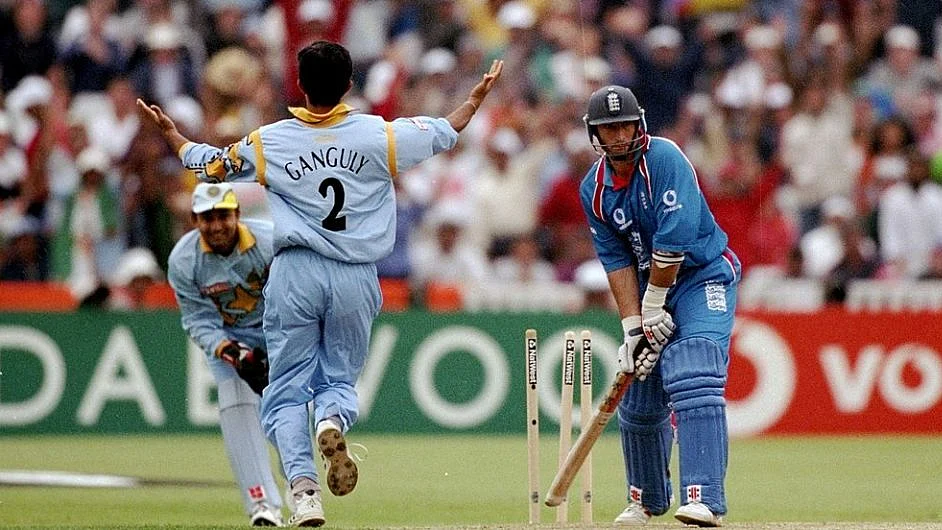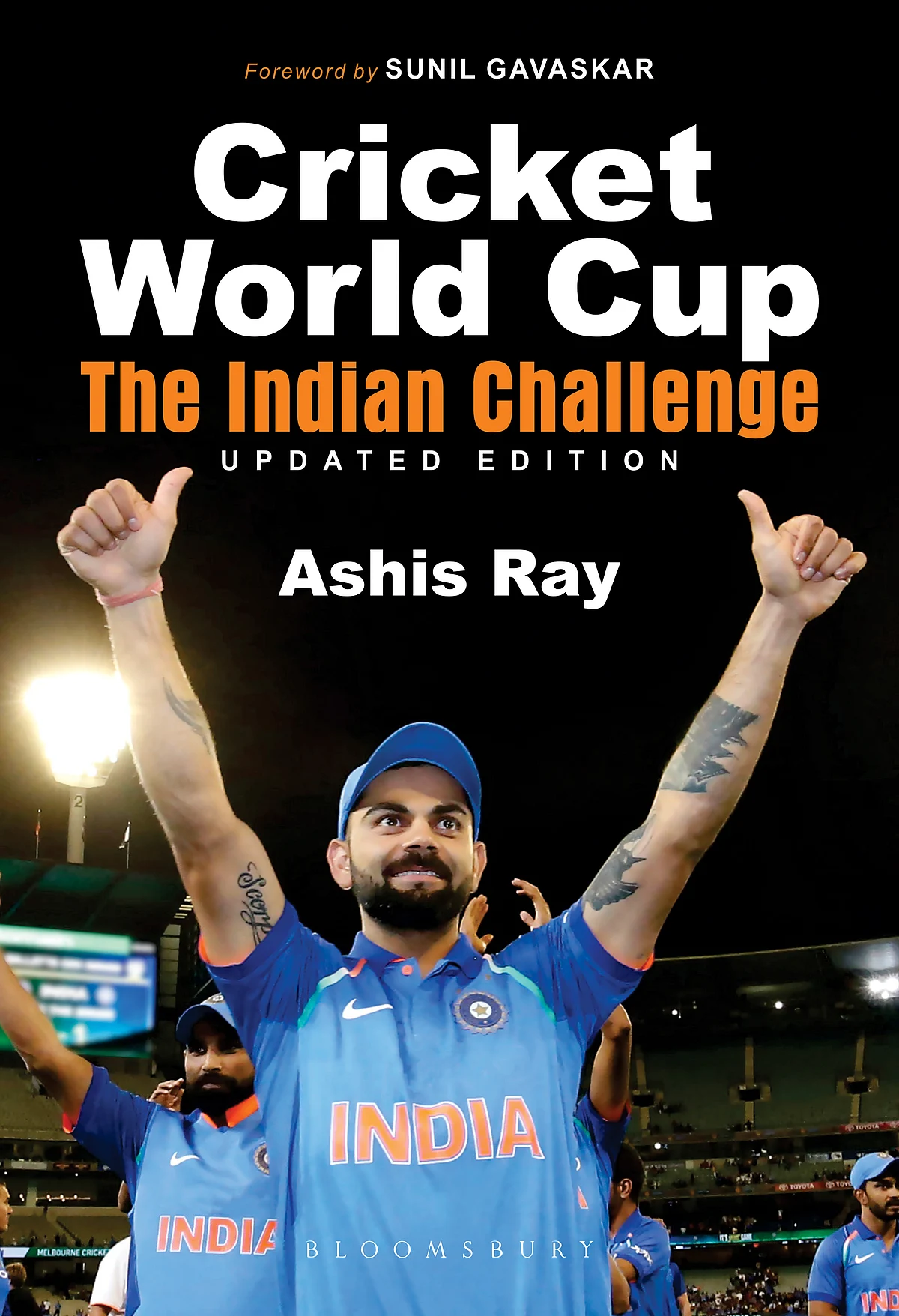Cricket World Cup: Ashis Ray recalls proceedings at Edgbaston 20 years ago
India have happy memories of Edgbaston where India and England had their last encounter in the World Cup. Excerpts from Ashis Ray’s book, ‘Cricket World Cup, The Indian Challenge’

India and England have played each other thrice in Cricket World Cup matches in England – in 1975, 1983 and 1999. The home side won the first time, but have lost thereafter.
On Sunday 30 June, the two teams confront each other again - at Edgbaston, Birmingham, venue of their last encounter. For India, a victory will sustain their unbeaten record in the current tournament as well as guarantee a place in the last four. A win for England will keep their hopes of qualifying for the semi-finals alive.
Here is a description of the India-England engagement 20 years ago from CRICKET WORLD CUP: THE INDIAN CHALLENGE by ASHIS RAY published by Bloomsbury:
29–30 May: Edgbaston, Birmingham
On a lovely, sunny morning, before a capacity 20,000 crowd, Alec Stewart won his fifth toss of the tournament and elected to field. The pitch was a slow seamer, and the English bowlers exploited it well by not allowing any liberties to the Indian batsmen. Ganguly was unfortunate to be run out when Dravid’s straight drive touched bowler Mark Ealham’s fingertips before hitting the non-striker’s stumps.
But this setback was offset by Tendulkar escaping a run-out and a catch before he eventually hit Ealham down mid-wicket’s throat. So, Dravid’s 82-ball 53 became the highest score for the Indians.

An ominous cloud cover came to preside over play when England batted. Such conditions were ideal for Mohanty’s swing bowling. Stewart and Graeme Hick were out to him off consecutive legal deliveries (as the one in between was a wide). Nasser Hussain then succumbed in deteriorating light, before a torrential downpour halted play. England were 73 for three in 20.3 overs, with Graham Thorpe, quite the most skilful of the English batsmen, unbeaten on 36.
The match resumed the next morning—the only group tie in the tournament to spill over into the reserve day. To England’s disappointment—and English media unduly fretted over this decision— Thorpe was ruled leg before wicket by umpire Javed Akhtar. Neil Fairbrother tried to keep the score ticking, but without much support.
England were, consequently, eliminated at the preliminary stage of a World Cup for the first time; and calamitously, this debacle occurred at home.
England had arrived at Birmingham reasonably certain of a Super Six place. But Zimbabwe’s giant killing of South Africa meant they had no alternative to beating India.
When the weather was no longer a factor—on the second day—their batsmen crumbled to pressure. Also, contributing to the exit was their defeat at the hands of South Africa and the lackadaisical approach in their three victories. For young Andrew Flintoff, a conspicuous failure in the tournament, the final insult was having his bat nicked from the dressing room.
Toss: England
Man of the Match: Sourav Ganguly
India 232/8 in 50 overs (Rahul Dravid 53, Sourav Ganguly 40, Mark Ealham 2/28, Darren Gough 2/51, Alan Mullally 2/54).
England 169 all out in 45.2 overs (Graham Thorpe 36, Nasser Hussain 33, Sourav Ganguly 3/27, Javagal Srinath 2/25, Anil Kumble 2/30).
Cricket World Cup: The Indian Challenge is available at bookstores and online priced at Rs499/-.
Follow us on: Facebook, Twitter, Google News, Instagram
Join our official telegram channel (@nationalherald) and stay updated with the latest headlines
Published: 28 Jun 2019, 7:56 PM